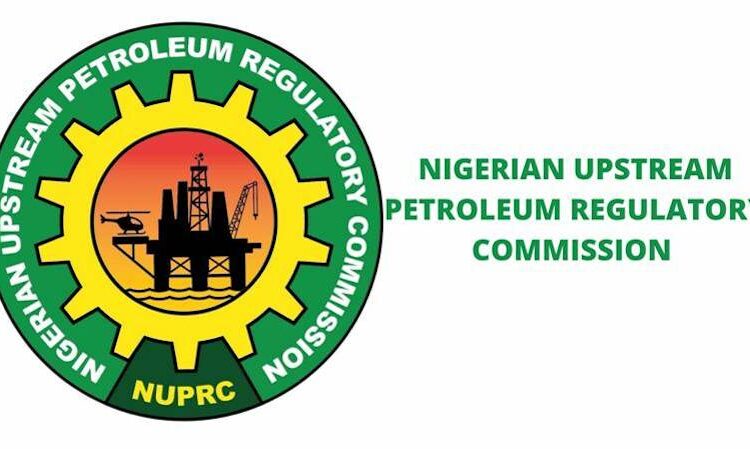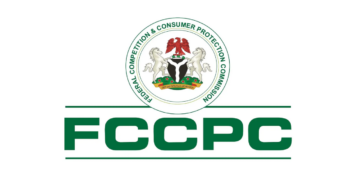The Nigerian Upstream Petroleum Regulatory Commission (NUPRC) is driving a major push to ramp up crude oil production through its Project One Million Barrels Initiative, launched in 2024, by reactivating dormant oil wells and accelerating upstream activities across the sector.
NUPRC chief executive, Engr. Gbenga Komolafe disclosed this while addressing the 2025 Energy Correspondents Association of Nigeria (ECAN) Conference in Abuja.
Komolafe, while presenting the keynote address at the conference, said, “Through deliberate regulatory interventions and strategic collaboration with industry operators, Nigeria is steadily regaining lost production volumes.”
Recall that the NUPRC set an ambitious target to increase the nation’s crude oil production to 2.5 million barrels per day (bpd) by 2026, as part of a comprehensive strategy aimed at repositioning Nigeria’s oil and gas sector for growth, transparency, and sustainability.
Represented by Kingston Chikwendu, the head of Regulatory and Statutory Compliance at the Commission, the CCE revealed that the current unreconciled daily output averages between 1.7 and 1.83 million barrels per day, with a clear target to reach 2.5 million barrels per day by 2026.
Komolafe explained that the initiative involves fast-tracking regulatory approvals, improving operational efficiencies, and reactivating previously abandoned or dormant fields. “With our Project One Million Barrels Initiative, we are leveraging the combined capacities of various operators to collaborate and drive up production, moving beyond operating in silos,” he stated.
Since the implementation of the Petroleum Industry Act (PIA) in 2021, the NUPRC has issued 19 key regulations to bring structure and transparency to the oil and gas sector. Komolafe highlighted, “Our fiscal reforms, including competitive royalty rates and zero hydrocarbon tax for certain projects, have been instrumental in attracting new capital and making projects viable.”
Regarding the issue of crude oil theft and supply chain accountability, Komolafe stated that the Commission has approved 37 new evacuation routes and intensified cooperation with security agencies, resulting in significant reductions in illegal activities. The enforcement of the Domestic Crude Supply Obligation (DCSO) ensures a consistent supply of feedstock to local refineries, thereby reinforcing Nigeria’s internal energy security.
As part of Nigeria’s energy transition, the NUPRC is advancing gas-focused programs, including the Decade of Gas and the Nigerian Gas Flare Commercialisation Programme, to end routine gas flaring by 2030 and reduce methane emissions by 60% by 2031. “Nigeria’s vast gas reserves position us to lead Africa’s gas industrialisation and a cleaner energy future,” Komolafe emphasised.
To enhance transparency and data accessibility, the Commission revitalised the National Data Repository, Africa’s largest digital petroleum data bank, to support investment decisions and reduce exploration risks. Additionally, the Upstream Decarbonisation Framework integrates emissions monitoring and carbon capture with access to climate finance.
The executive secretary of the Major Energy Marketers Association of Nigeria (MEMAN), Clement Isong, lauded the ongoing reforms but urged continued coordination and capacity building to maximise PIA benefits.
Isong, represented by Muhammad Al-Amin Kassim, said, “The reforms are an opportunity, but their success depends on our collective will,” he stated.
He applauded the creation of NUPRC and NMDPRA for improving transparency and investor confidence, but called for enhanced coordination, capacity building, and reduction of bureaucratic delays.
Kassim presented a six-point plan that focuses on capacity development, streamlined processes, public-private collaboration, fair competition, measurable outcomes, and community development, while emphasising the urgent need to expand affordable energy access in Nigeria.
The chairman of ECAN, John Ofikhenua, described the conference as “a historic moment” and a vital platform to reflect on the PIA’s impact after four years. “This is not just an event; it is the beginning of a national conversation central to Nigeria’s development story,” he declared.
Ofikhenua recalled the long struggle preceding the PIA, praising the resilience of stakeholders.
He said, “Before the Act, Nigeria’s oil and gas industry was trapped in inefficiency and uncertainty, frustrating investment and policymaking. We remember those long queues at filling stations — symbols of a broken policy framework.”
He acknowledged the transformation since the PIA’s passage: “Today, we see clearer roles, stronger institutions, and greater accountability.
Grievances from host communities have reduced, and there is a stronger sense of belonging.” However, he cautioned,
“The work is far from complete. The PIA must remain dynamic to respond to emerging global realities such as energy transition, technology, and sustainability.”





